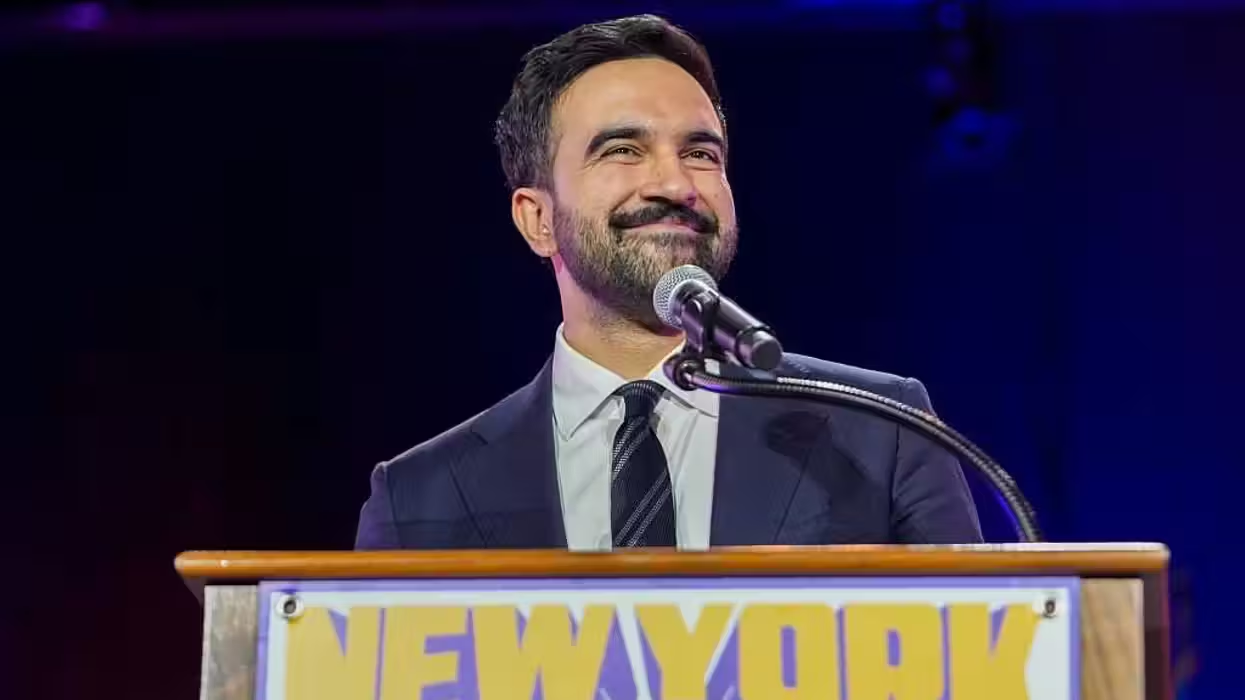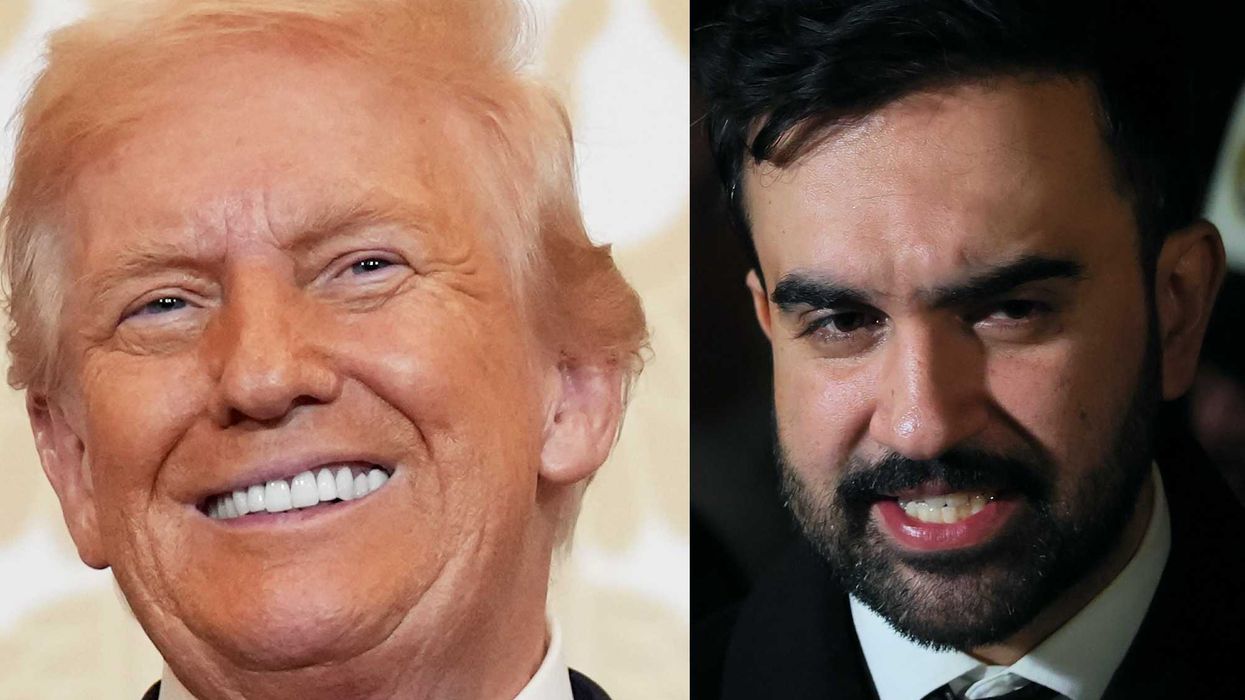
© 2025 Blaze Media LLC. All rights reserved.
Grover Norquist: 'Not Continuing a Tax Cut is Not Technically a Tax Increase
July 21, 2011
Potentially paving the way for more flexibility in GOP concessions?
Grover Norquist, the president of influential conservative group Americans for Tax Reform (ATR) made some surprising statements about the potential expiration of Bush-era tax cuts. Norquist, whose "Taxpayer Protection Pledge" has become a litmus test for Republican politicians, told The Washington Post editorial board that "Not continuing a tax cut is not technically a tax increase."
Last week, the leader in tax policy also appeared on a CNN segment called, "Norquist to blame for no debt deal?" Watch it below:
While his statements will likely frustrate some on the right, his openness to tax cut expirations may pave the way for more flexibility in the concessions conservatives are willing to make in the debt ceiling debate. When the Post asked Norquist if voting to let tax cuts expire would be considered a violation of the Pledge, he said, "We wouldn't hold it that way." The Post has more:
Of course, letting the tax cuts expire is decidedly not Mr. Norquist’s preference. Indeed, as a matter of policy, he is passionately opposed to a single dime in new tax revenue. But the fact that Mr. Norquist interprets his own pledge to permit such conduct suggests that Republican lawmakers who have been browbeaten into abjuring any tax increase, at any time, for any reason, may not be as boxed in as they believe.
The Pledge, which was launched in 1986 in support of President Ronald Reagan, generally reads as follows (though there are slightly different versions for candidates running for U.S. House, U.S. Senate, gubernatorial and state legislatures):
...I will: ONE, oppose any and all efforts to increase the marginal income tax rate for individuals and business; and TWO, oppose any net reduction or elimination of deductions and credits, unless matched dollar for dollar by further reducing tax rates.
Considering the text contained within, one would assume that any vote in support of allowing tax breaks to expire would essentially be cast against the mantra of opposing and voting "against tax increases." But, Norquist says otherwise. The Huffington Post reports on the impact his statements could have on the GOP:
...ending the Bush-era tax cuts, which were extended last December by President Barack Obama, could now offer a way to raise revenue for a debt limit deal -- without Republicans breaking their pledge against voting to raise taxes.
Watch Norquist debate Chris Matthews on the debt deal and ATR's Pledge:
With Norquist's blessing, the debate over taxation and government spending may be able to temper a bit -- though there are no guarantees. The debate in Washington continues to be contentious. As the Post reports, the Senate Gang of Six's re-emergence this week came alongside some Republican senatorial endorsements of a bi-partisan plan that would include $1 trillion in new tax revenue. In response to it, Sen. Lamar Alexander (R-Tenn.) said:
“This is a serious, bipartisan proposal that will help stop Washington from spending money that we don’t have, and I support it."
Details on the proposal can be found here, but you can find some highlights that cover some of the elements being addressed in the proposal:
The structure of the gang’s proposal mirrors that of the debt reduction commission...It would stabilize the debt by 2014 and reduce it to the still-troubling level of 70 percent of the economy by 2021. It would raise a $1 trillion more in revenue than if the Bush tax cuts were allowed to expire for households earning over $250,000 annually. This money would be generated by overhauling the tax code to reduce deductions while lowering rates, all while maintaining or improving the progressivity of the tax code. This is the sort of pro-growth tax reform that could help energize the economy.
Some claim there may not be time to move these proposals to legislative form before the August 2 debt-ceiling deadline, but Sen. Kent Conrad (D-N.D.), a key member of the gang, believe that a bill will "probably" be ready by that date. This, teamed with Norquist's openness, could provide a framework for more tempered debate moving forward.
Want to leave a tip?
We answer to you. Help keep our content free of advertisers and big tech censorship by leaving a tip today.
Want to join the conversation?
Already a subscriber?
Billy Hallowell is a digital TV host and interviewer for Faithwire and CBN News and the co-host of CBN’s "Quick Start Podcast."
Billy Hallowell
Billy Hallowell is a digital TV host and interviewer for Faithwire and CBN News and the co-host of CBN’s "Quick Start Podcast."
more stories
Sign up for the Blaze newsletter
By signing up, you agree to our Privacy Policy and Terms of Use, and agree to receive content that may sometimes include advertisements. You may opt out at any time.
Related Content
© 2025 Blaze Media LLC. All rights reserved.
Get the stories that matter most delivered directly to your inbox.
By signing up, you agree to our Privacy Policy and Terms of Use, and agree to receive content that may sometimes include advertisements. You may opt out at any time.





